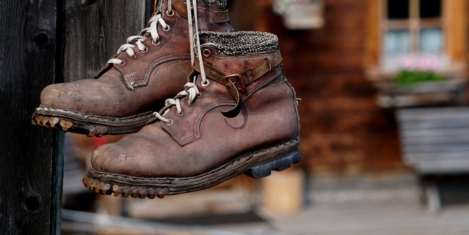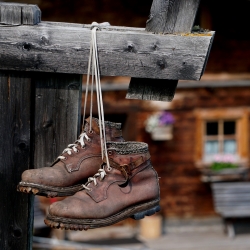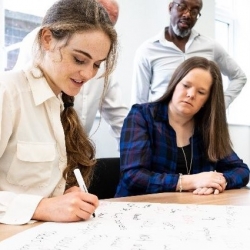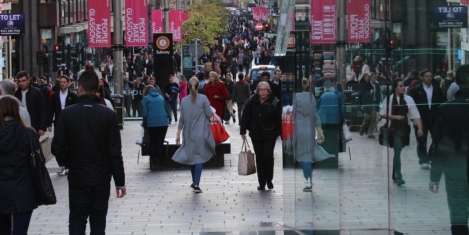To provide the best experiences, we use technologies like cookies to store and/or access device information. Consenting to these technologies will allow us to process data such as browsing behaviour or unique IDs on this site. Not consenting or withdrawing consent, may adversely affect certain features and functions.
The technical storage or access is strictly necessary for the legitimate purpose of enabling the use of a specific service explicitly requested by the subscriber or user, or for the sole purpose of carrying out the transmission of a communication over an electronic communications network.
The technical storage or access is necessary for the legitimate purpose of storing preferences that are not requested by the subscriber or user.
The technical storage or access that is used exclusively for statistical purposes.
The technical storage or access that is used exclusively for anonymous statistical purposes. Without a subpoena, voluntary compliance on the part of your Internet Service Provider, or additional records from a third party, information stored or retrieved for this purpose alone cannot usually be used to identify you.
The technical storage or access is required to create user profiles to send advertising, or to track the user on a website or across several websites for similar marketing purposes.
 One in five employers (22 percent) have made changes to employees’ terms and conditions of employment between March 2020 and July 2021, according to new research from the CIPD. The most common changes were to location of work (49 percent), followed by hours of work (47 percent) and pay levels (44 percent), redundancy/terms pay (22 percent) and access to enhanced contractual entitlements/incentives (20 percent). (more…)
One in five employers (22 percent) have made changes to employees’ terms and conditions of employment between March 2020 and July 2021, according to new research from the CIPD. The most common changes were to location of work (49 percent), followed by hours of work (47 percent) and pay levels (44 percent), redundancy/terms pay (22 percent) and access to enhanced contractual entitlements/incentives (20 percent). (more…)






 Following the sobering message from the
Following the sobering message from the 
 A new study, commissioned by
A new study, commissioned by 
 Older workers might choose to delay their retirement if offered the option of continuing to do their jobs working from home after the pandemic, according to
Older workers might choose to delay their retirement if offered the option of continuing to do their jobs working from home after the pandemic, according to 
 More than two thirds (68 percent) of over-55s feel that the job market is closed to them, despite one in four wanting to work into their 80s, according to a study commissioned by
More than two thirds (68 percent) of over-55s feel that the job market is closed to them, despite one in four wanting to work into their 80s, according to a study commissioned by 
 The situation across the world is at hugely differing stages with regards to the Covid pandemic. Many employees have been abroad throughout the pandemic and more will now be going overseas as lockdown in the UK eases.
The situation across the world is at hugely differing stages with regards to the Covid pandemic. Many employees have been abroad throughout the pandemic and more will now be going overseas as lockdown in the UK eases.
 As SMEs emerge from the pandemic and with further changes to restrictions, it seems they have another challenge to face – the refreshed interest in and demand from employees to work in a company that meets their wellbeing needs, according to
As SMEs emerge from the pandemic and with further changes to restrictions, it seems they have another challenge to face – the refreshed interest in and demand from employees to work in a company that meets their wellbeing needs, according to 


 The new
The new 


 The amount of unpaid overtime that workers around the world are doing has soared in the past year; unpaid overtime in the UK has steadily risen from six hours in 2019 to seven hours in 2020 in the advent of COVID-19, to almost eight hours in 2021, claims a new study by the
The amount of unpaid overtime that workers around the world are doing has soared in the past year; unpaid overtime in the UK has steadily risen from six hours in 2019 to seven hours in 2020 in the advent of COVID-19, to almost eight hours in 2021, claims a new study by the 







July 9, 2021
Yoga is not a wellbeing strategy
by Stephanie Fitzgerald • Comment, Wellbeing